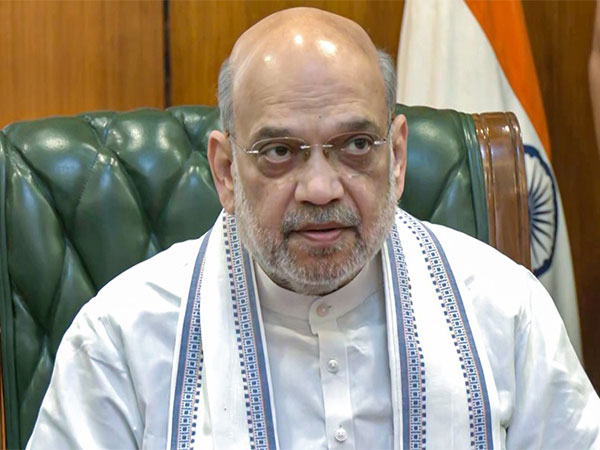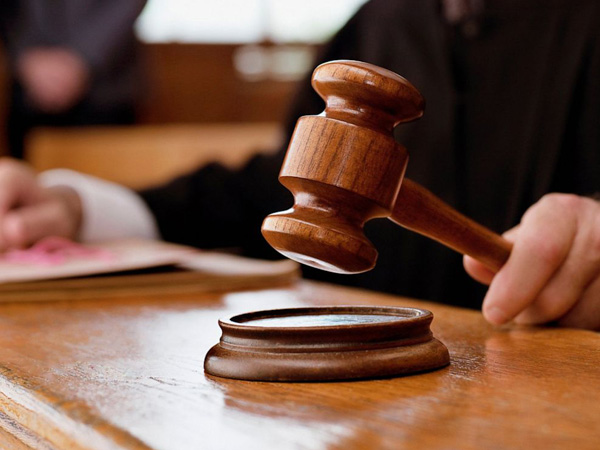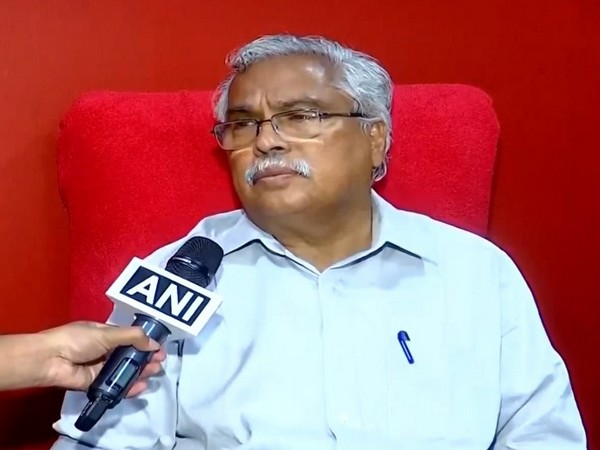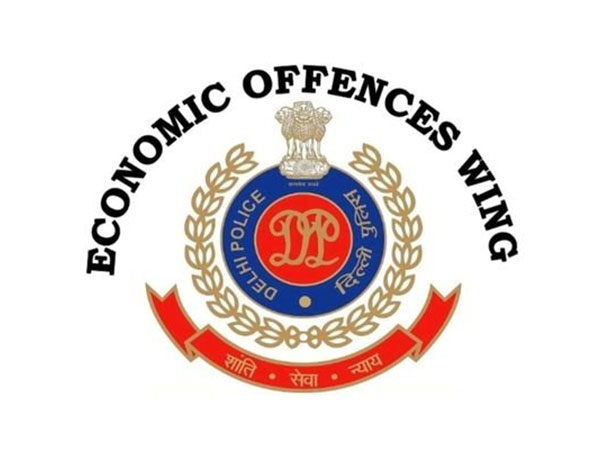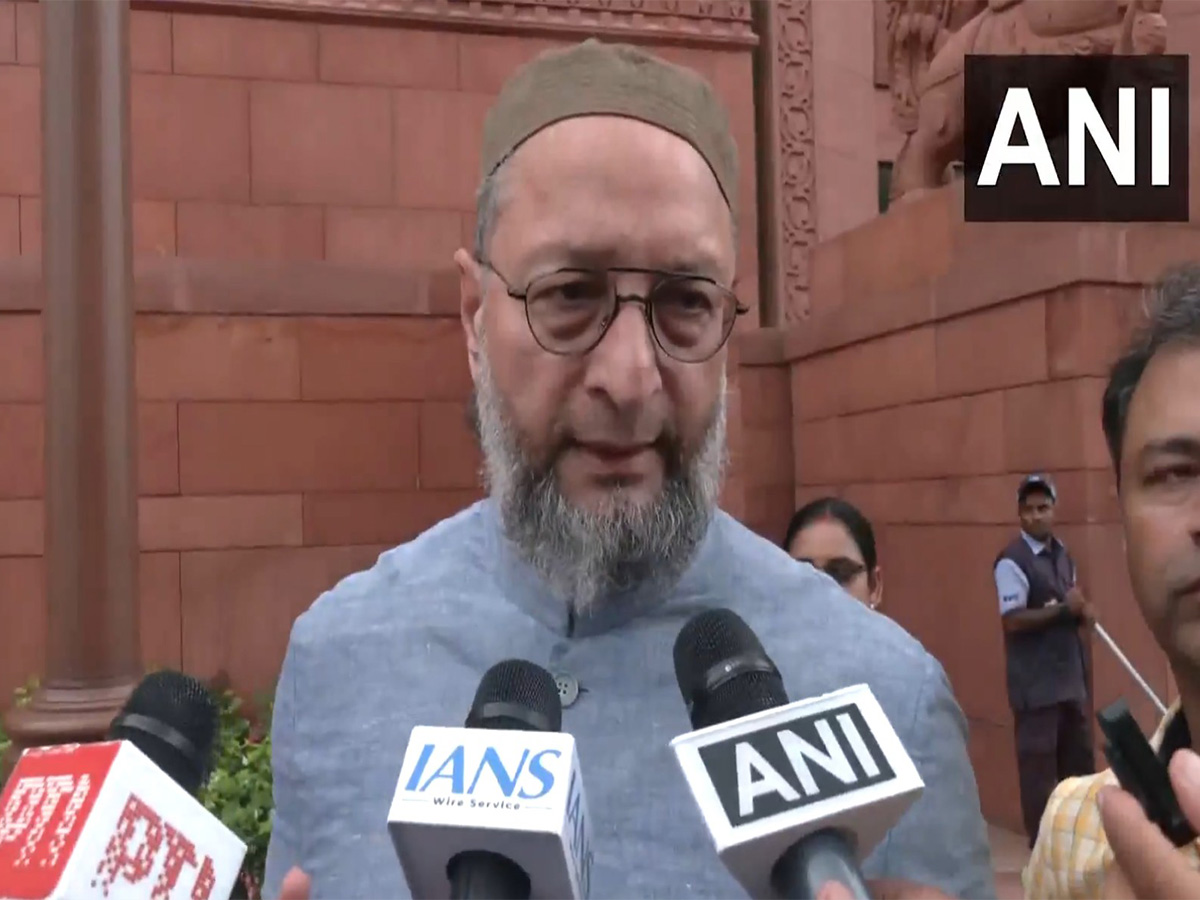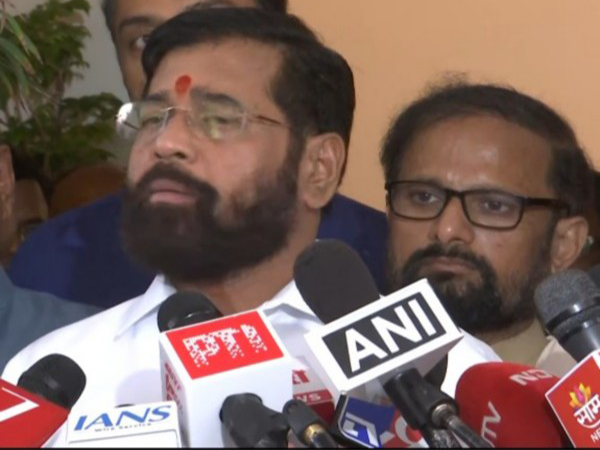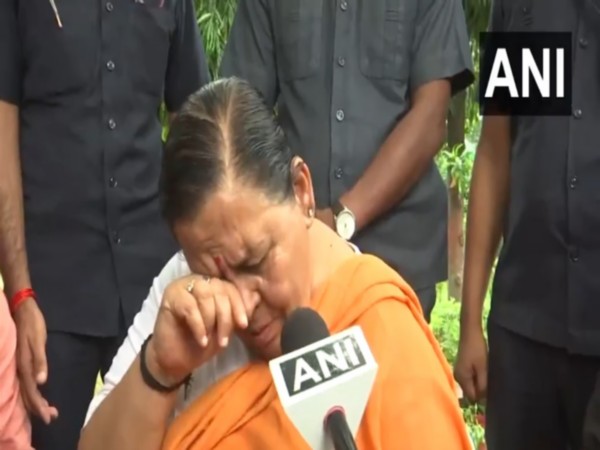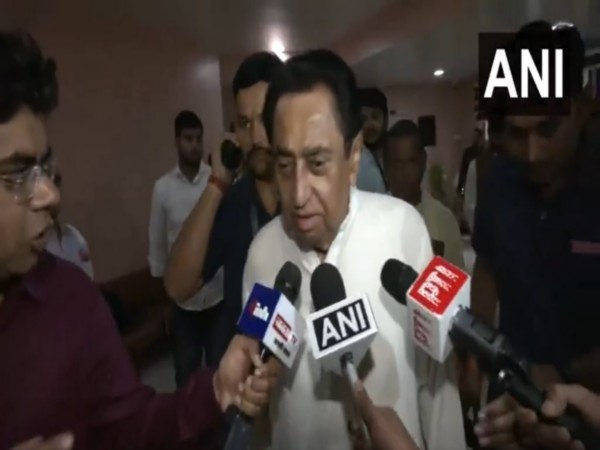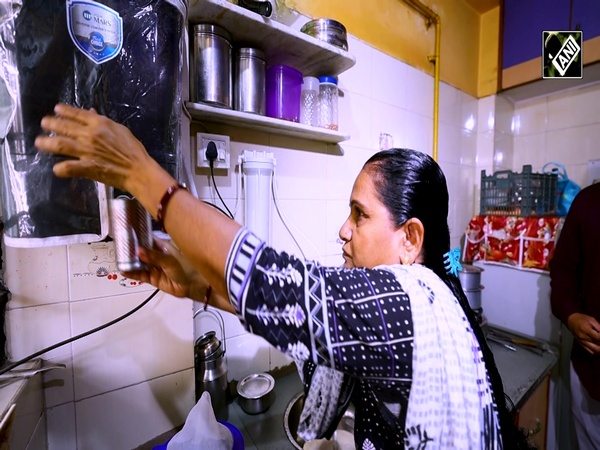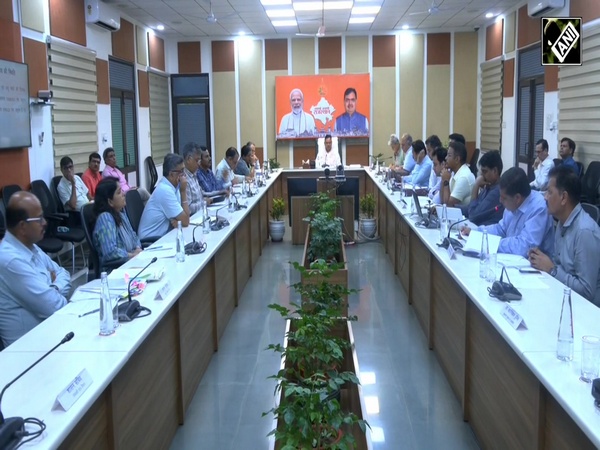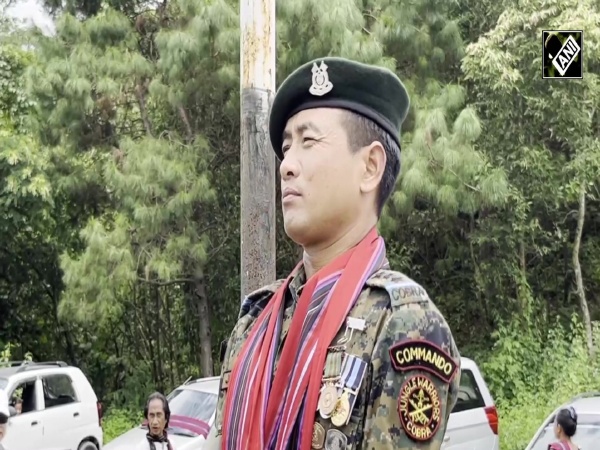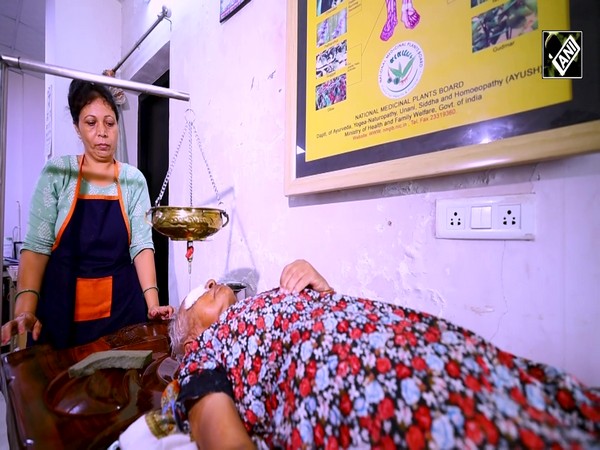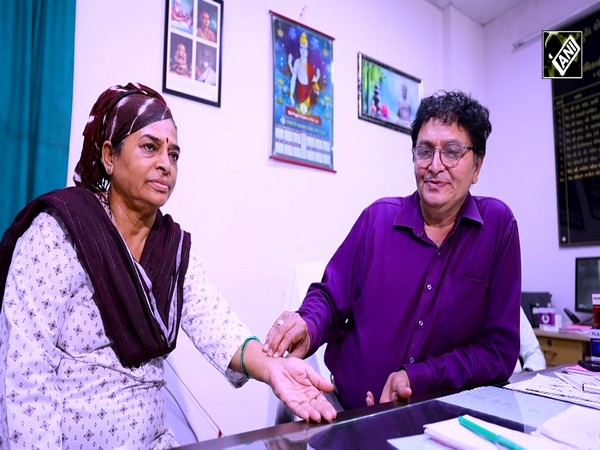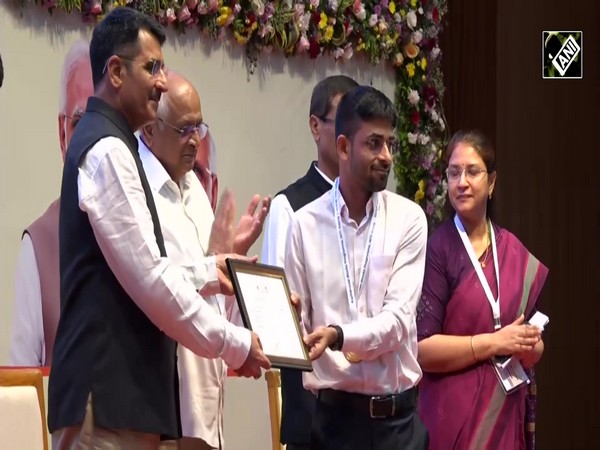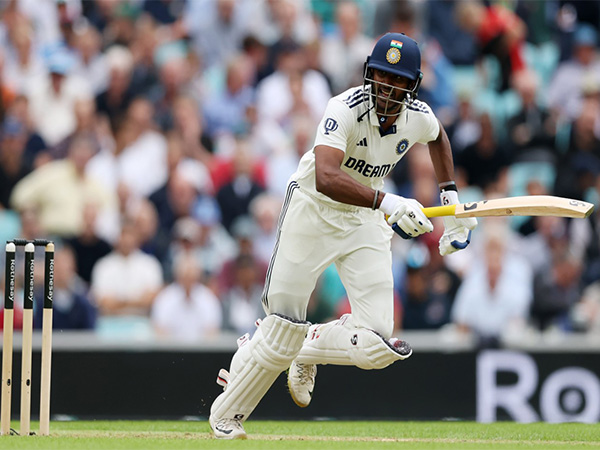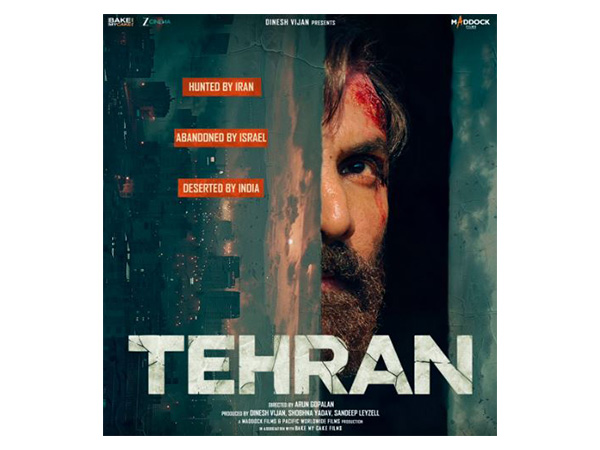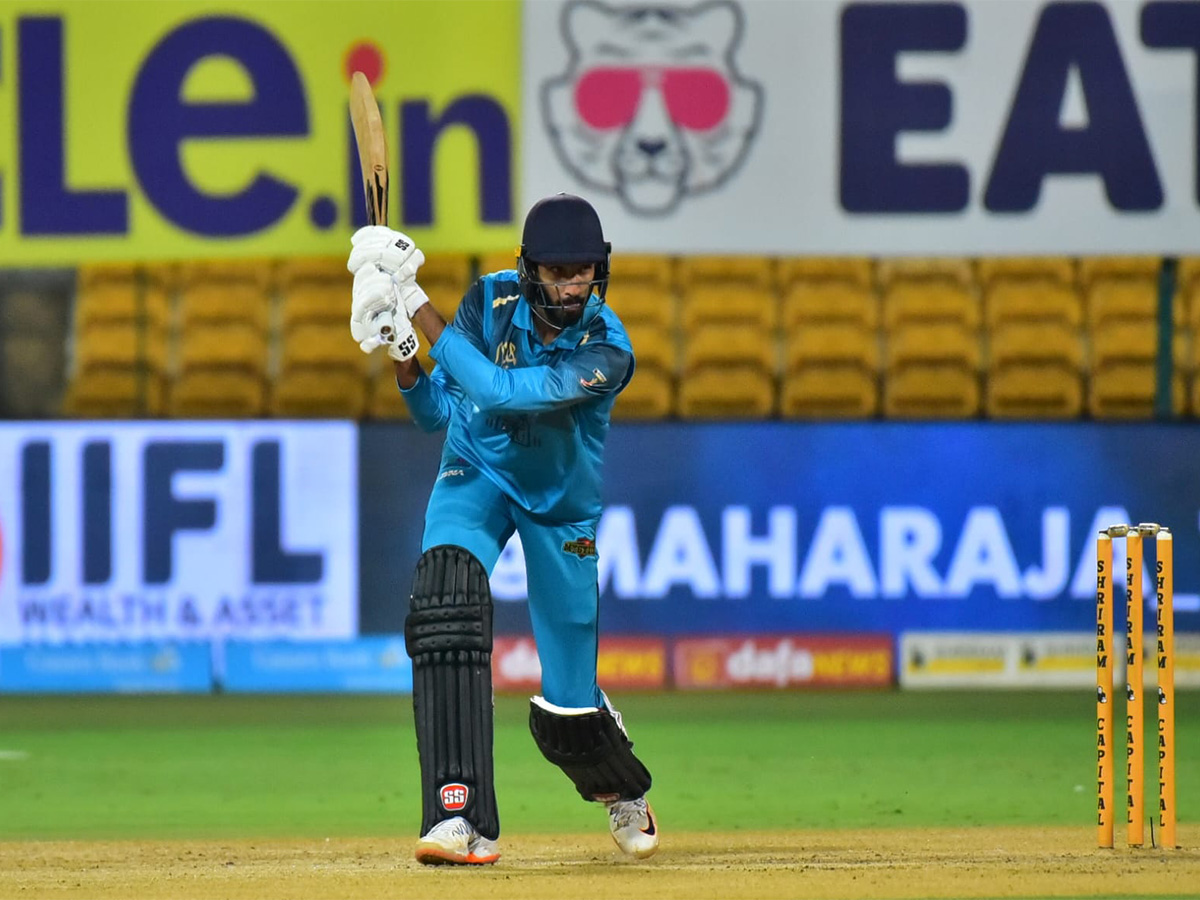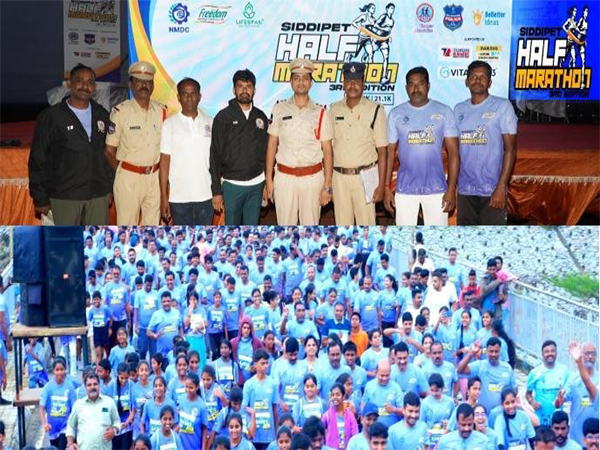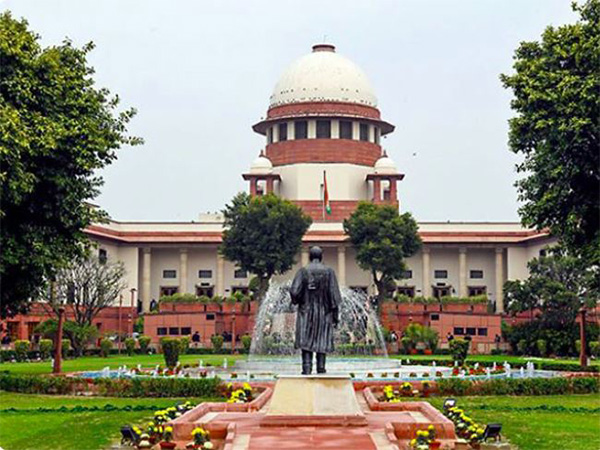
Lapses in in-house probe won't affect Parliament's powers to take action: SC reserves verdict in Justice Varma case
Jul 30, 2025
New Delhi [India], July 30 : The Supreme Court on Wednesday said that even if there have been any lapses in the in-house inquiry procedure in Justice Yashwant Varma's case, the same won't affect the Parliament to take action against the Allahabad High Court judge.
A bench of Justices Dipankar Datta and A G Masih reserved its verdict on Justice Varma's plea challenging the report of the Supreme Court's three-judge in-house inquiry committee and the subsequent recommendation by former Chief Justice of India (CJI) Sanjiv Khanna to initiate impeachment proceedings.
"Parliament is not supposed to be guided by what the CJI says; it acts independently," the bench observed during the final day of the hearing.
The case pertains to the recovery of unaccounted and partially burnt cash from the official residence of Justice Varma, then a sitting judge of the Delhi High Court. Following the internal inquiry, former CJI Khanna had forwarded a recommendation for initiating the removal process to the President and the Prime Minister of India.
Appearing for Justice Varma, Senior Advocate Kapil Sibal argued that the in-house inquiry was procedurally flawed and that the CJI had no authority to recommend impeachment.
Sibal submitted that power to recommend a judge's removal rests solely with Parliament, and the CJI cannot assume that role. Thus, he sought a judicial declaration to that effect.
Sibal clarified that Justice Varma was not seeking to halt the inquiry itself, but only to establish that any recommendation for removal cannot emanate from the Chief Justice of India.
However, the top court was of the view that the in-house procedure empowers the Supreme Court to make a recommendation.
"This is just a recommendation of which the Supreme Court has power", Justice Datta said.
To this, Sibal responded, "Then why go to Parliament?, implying if Court has already acted upon the issue by recommending impeachment, why does it has to go to the Parliament for a deeper probe.
The bench also remarked that the in-house procedure empowers the committee to assess misconduct and, if warranted, recommend further action. "The CJI is not a post office," the bench noted. "If there is serious material against a judge, the Chief Justice is within his authority to act", it added.
During the hearing, the Court asked why Justice Varma had not come to court before taking part in the in-house inquiry. In reply, Kapil Sibal said there was no reason to approach the court at that stage, as the cause of action only arose once the recommendation for impeachment was made.
Sibal also objected to the Supreme Court uploading the videotape of the half-burnt cash at Justice Varma's house, on its official website, saying it was impermissible. He referred to laws and earlier judgments to argue that the matter should not have been made public until a full parliamentary committee begins its investigation.
"The tape was released - my reputation is already gone- what would I come to court for?" Sibal said.
The Court, however, retorted that the special parliamentary Committee will be unaffected by things such as a tape being uploaded on the Court's website.
"The inquiry Committee which will be set up by the Parliament. Do you think those people - in the parliamentary committee will be influenced by this tape being put up on the website", the Court said to Sibal.
"But how do you think I'll attack (argue against) this Committee (in-house panel) over there (in the parliamentary committee)", Sibal asked the Court.
To this, Justice Datta replied, "It's only a preliminary report. It can't affect future proceedings. Even if the parliament says something (adverse). Even if an MP says something (against Justice Varma) - that doesn't mean much".
The exchange went on for some more time after which the top-court bench reserved its verdict in the matter, meaning the Court has heard the final submissions in the matter and will soon pass its judgment in the case.
